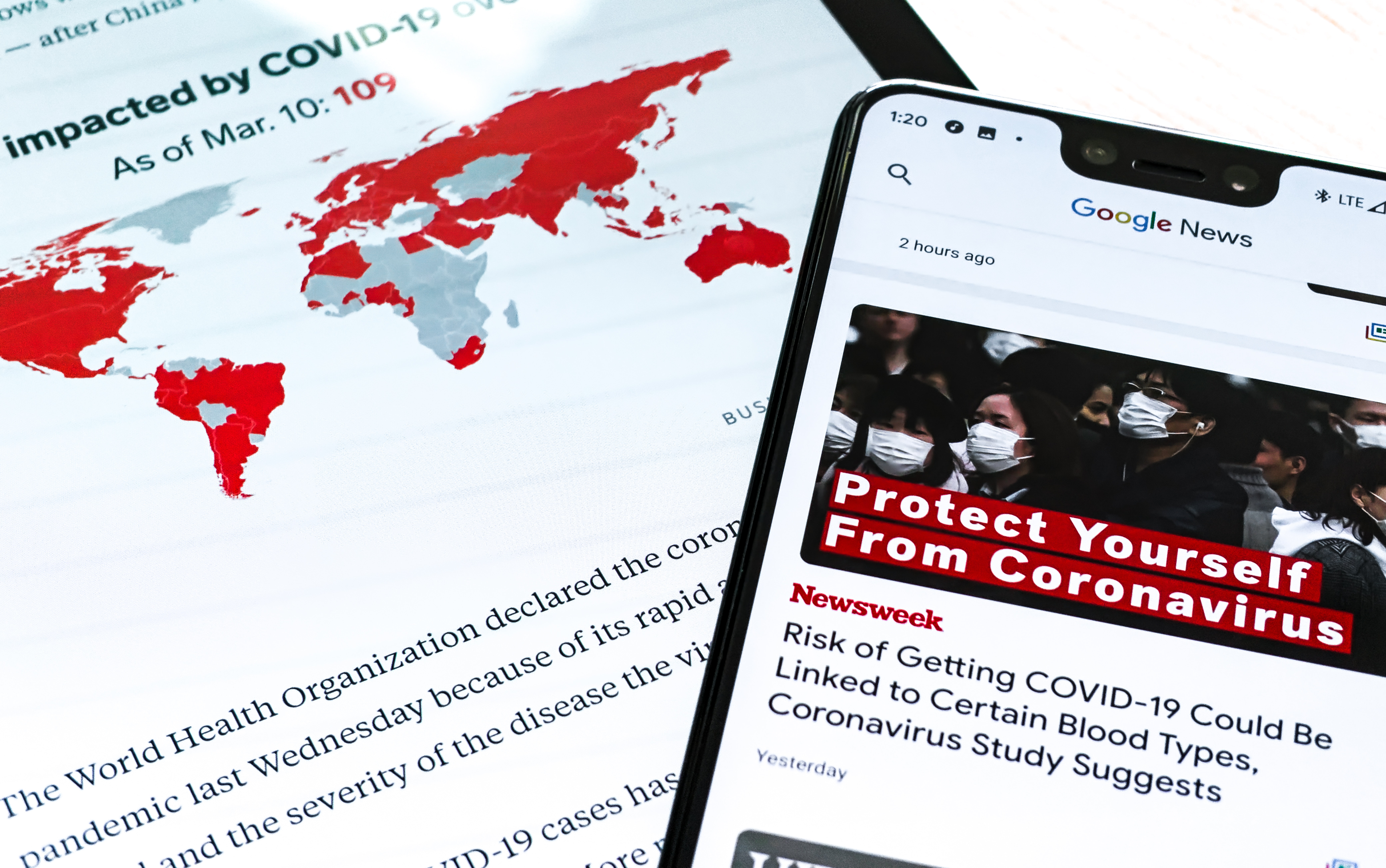ID3AS Blog
Crisis Communication and the Unknown

None of us could have planned for the level of impact COVID-19 had on our businesses, lives, families, and communities. Now that we have a little breathing room, it’s time to step back and take note of what has changed and what was learned from the situation, thus far.
Companies are continuing to think outside the box and find ways to be creative so they can stay connected with their audiences from afar. Locally and across the nation businesses are offering services virtually, creating socially distant carry-out windows, and have taken their boutiques online- allowing customers to order from the website and social media.
Now is the perfect time to focus on developing a crisis communication plan that will serve as a guide for the next time a challenging situation presents itself. It’s not a matter of if, it’s when. Protect yourself, your team, and your bottom line from being caught in the middle of an emergency with no plan of action to develop messaging and communicate with your audiences.
As a business, you must keep your customers, employees, and local community safe while minimizing damage to your brand, reputation, and profitability. As a business owner, that may seem like a lot of work, and it is. Having a crisis communication plan is one of the best ways to minimize fear or panic, and covert your strategy to continue to conduct business in a safe, efficient, and effective manner. This type of plan is critical to have to survive in the wake of any crisis. It is a living document that can be tweaked, revised, and added to as situations occur, roles change internally and business models evolve.
Other reasons that you may need a crisis communication plan include:
- -Lawsuits.
- -Government Issues.
- -Product Problems.
- -Employee Issues.
- -Business Acquisitions.
- -Customer Complains.
Being proactive can save you time when you need it most. Consider things such as:
- -How will approvals be handled?
- -Who is the company spokesperson who will be handling the media?
- -What will you tell employees?
- -What will you tell the public?
- -Who is making the decisions, and who will the council with?
- -Who has the final say in making approvals on communications?
In addition to writing out your chain of communication, it’s also imperative that your staff does not speak to the media, or discuss any events that have transpired on social media, or to their friends. Consider having your employees sign a nondisclosure agreement that they will not discuss your business unless they have explicit permission given by the required parties to do so. In addition, some crises’ may create a long-lasting impact, in which case you need to ask, “what can I do to reposition my business to meet future needs?”
The conversations that you have with your team will be different than the message that you convey to the media. Be sure that you are in constant communication with your team to reduce any concerns, and consider the following examples and message points, and how you will communicate these points both internally and externally;
- -State of the Business.
- -Customer Relations.
- -Sales.
- -Marketing.
- -Employees.
- -Community.
Whether it’s COVID-19 or another PR crisis, your business needs to be prepared with a crisis communication plan perfectly tailored to you and your company. If you’re interested in crafting your own crisis communication plan, contact the experts at D3 at 410-213-2400!